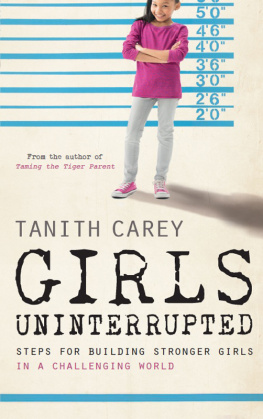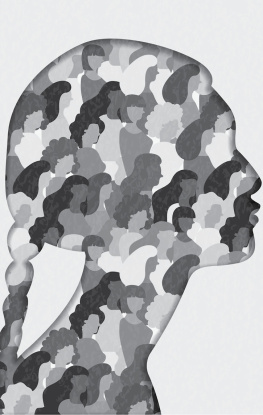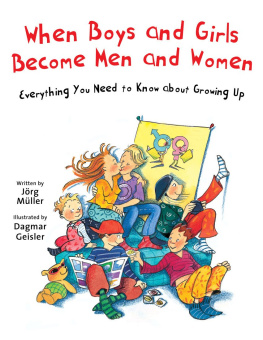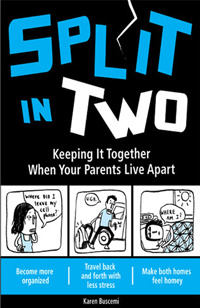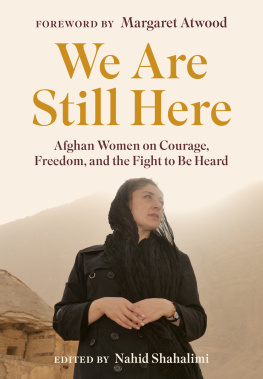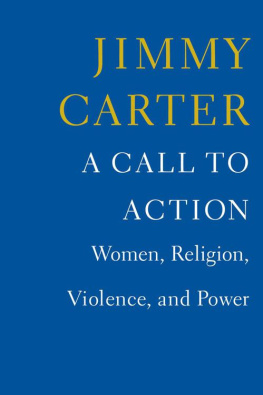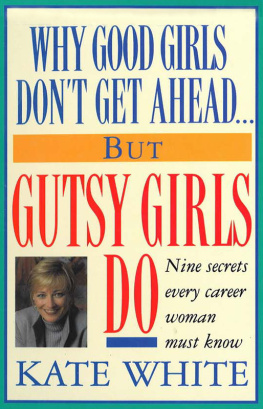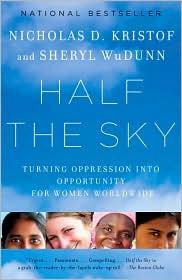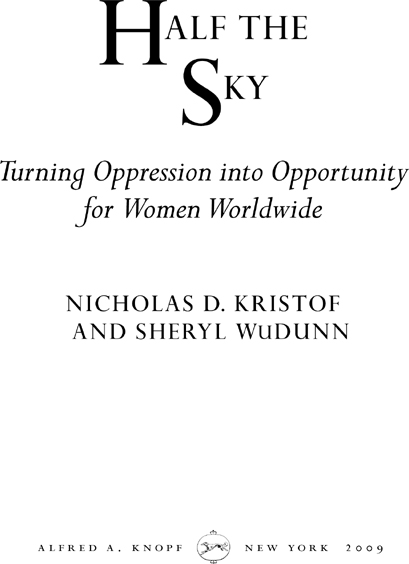INTRODUCTION
The Girl Effect
What would men be without women? Scarce, sir, mighty scarce.
MARK TWAIN
S rey Rath is a self-confident Cambodian teenager whose black hair tumbles over a round, light brown face. She is in a crowded street market, standing beside a pushcart and telling her story calmly, with detachment. The only hint of anxiety or trauma is the way she often pushes her hair from in front of her black eyes, perhaps a nervous tic. Then she lowers her hand and her long fingers gesticulate and flutter in the air with incongruous grace as she recounts her odyssey.
Rath is short and small-boned, pretty, vibrant, and bubbly, a wisp of a girl whose negligible stature contrasts with an outsized and outgoing personality. When the skies abruptly release a tropical rain shower that drenches us, she simply laughs and rushes us to cover under a tin roof, and then cheerfully continues her story as the rain drums overhead. But Raths attractiveness and winning personality are perilous bounties for a rural Cambodian girl, and her trusting nature and optimistic self-assuredness compound the hazard.
When Rath was fifteen, her family ran out of money, so she decided to go work as a dishwasher in Thailand for two months to help pay the bills. Her parents fretted about her safety, but they were reassured when Rath arranged to travel with four friends who had been promised jobs in the same Thai restaurant. The job agent took the girls deep into Thailand and then handed them to gangsters who took them to Kuala Lumpur, the capital of Malaysia. Rath was dazzled by her first glimpses of the citys clean avenues and gleaming high-rises, including at the time the worlds tallest twin buildings; it seemed safe and welcoming. But then thugs sequestered Rath and two other girls inside a karaoke lounge that operated as a brothel. One gangster in his late thirties, a man known as the boss, took charge of the girls and explained that he had paid money for them and that they would now be obliged to repay him. You must find money to pay off the debt, and then I will send you back home, he said, repeatedly reassuring them that if they cooperated they would eventually be released.
Rath was shattered when what was happening dawned on her. The boss locked her up with a customer, who tried to force her to have sex with him. She fought back, enraging the customer. So the boss got angry and hit me in the face, first with one hand and then with the other, she remembers, telling her story with simple resignation. The mark stayed on my face for two weeks. Then the boss and the other gangsters raped her and beat her with their fists.
You have to serve the customers, the boss told her as he punched her. If not, we will beat you to death. Do you want that? Rath stopped protesting, but she sobbed and refused to cooperate actively. The boss forced her to take a pill; the gangsters called it the happy drug or the shake drug. She doesnt know exactly what it was, but it made her head shake and induced lethargy, happiness, and compliance for about an hour. When she wasnt drugged, Rath was teary and insufficiently compliantshe was required to beam happily at all customersso the boss said he would waste no more time on her: She would agree to do as he ordered or he would kill her. Rath then gave in. The girls were forced to work in the brothel seven days a week, fifteen hours a day. They were kept naked to make it more difficult for them to run away or to keep tips or other money, and they were forbidden to ask customers to use condoms. They were battered until they smiled constantly and simulated joy at the sight of customers, because men would not pay as much for sex with girls with reddened eyes and haggard faces. The girls were never allowed out on the street or paid a penny for their work.
They just gave us food to eat, but they didnt give us much because the customers didnt like fat girls, Rath says. The girls were bused, under guard, back and forth between the brothel and a tenth-floor apartment where a dozen of them were housed. The door of the apartment was locked from the outside. However, one night, some of the girls went out onto their balcony and pried loose a long, five-inch-wide board from a rack used for drying clothes. They balanced it precariously between their balcony and one on the next building, twelve feet away. The board wobbled badly, but Rath was desperate, so she sat astride the board and gradually inched across.
There were four of us who did that, she says. The others were too scared, because it was very rickety. I was scared, too, and I couldnt look down, but I was even more scared to stay. We thought that even if we died, it would be better than staying behind. If we stayed, we would die as well.
Once on the far balcony, the girls pounded on the window and woke the surprised tenant. They could hardly communicate with him because none of them spoke Malay, but the tenant let them into his apartment and then out its front door. The girls took the elevator down and wandered the silent streets until they found a police station and stepped inside. The police first tried to shoo them away, then arrested the girls for illegal immigration. Rath served a year in prison under Malaysias tough anti-immigrant laws, and then she was supposed to be repatriated. She thought a Malaysian policeman was escorting her home when he drove her to the Thai borderbut then he sold her to a trafficker, who peddled her to a Thai brothel.
R aths saga offers a glimpse of the brutality inflicted routinely on women and girls in much of the world, a malignancy that is slowly gaining recognition as one of the paramount human rights problems of this century.
The issues involved, however, have barely registered on the global agenda. Indeed, when we began reporting about international affairs in the 1980s, we couldnt have imagined writing this book. We assumed that the foreign policy issues that properly furrowed the brow were lofty and complex, like nuclear nonproliferation. It was difficult back then to envision the Council on Foreign Relations fretting about maternal mortality or female genital mutilation. Back then, the oppression of women was a fringe issue, the kind of worthy cause the Girl Scouts might raise money for. We preferred to probe the recondite serious issues.
So this book is the outgrowth of our own journey of awakening as we worked together as journalists for The New York Times




